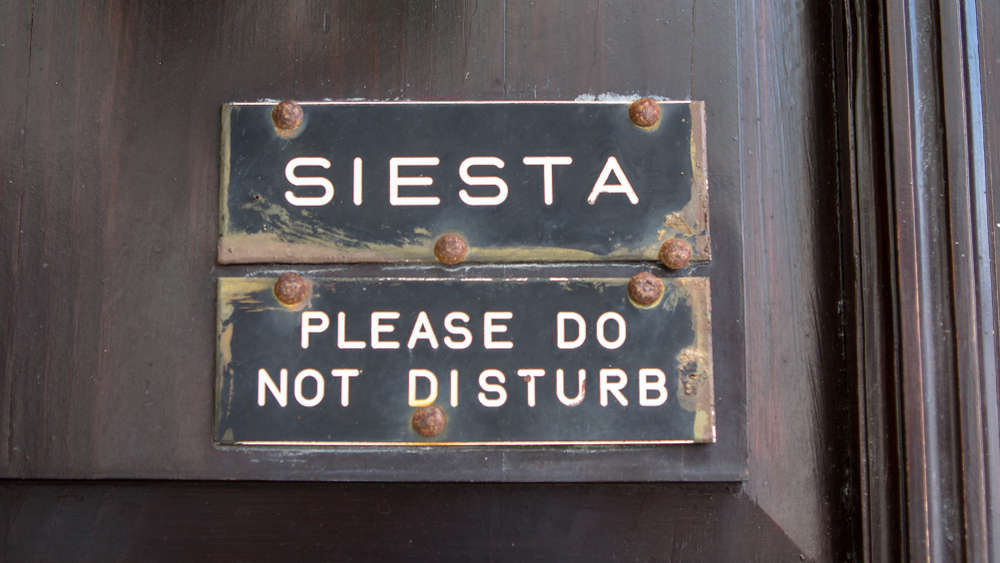Goa and Bengal are separated, as the crow flies, by a distance of over two thousand kilometres. But metaphorical bridges have been known for their ability to bridge great distances. What unites Goa and Bengal, in a manner of speaking, is — no, not football but — their love for the afternoon nap. What the bhaat-ghum is to the average Bengali, the beloved siesta is for the aam Goan.
Hearteningly, pleasure has now turned political. Goa goes to the hustings in two years’ time, and the leader of the Goa Forward Party, Vijai Sardesai — he is a chief ministerial aspirant — has pledged to make the siesta mandatory within stipulated hours every day. Naysayers have dismissed Mr Sardesai poll pledge as a not-so-subtle attempt to pander to identity politics: Goan culture, after all, takes its susegad — an ethical principle that shuns a frenetic life for a slower, quieter way of living — quite seriously. But then there is nothing parochial about the susegad that has the siesta embossed in its heart. In fact, evidence suggests that a life located between the laid-back and the indolent, one that emphasizes the importance of leisure, is a truly global phenomenon. The short, post-lunch nap spans a geographical and cultural arc that includes the Mediterranean, parts of Europe, and Asia. Afternoons bring Italians the promise of the riposo; busy-as-bees Britons and Americans replenish their energies with the help of the power nap; Indian yoga, too, acknowledges the virtues of vamkukshi: lying on the left side to aid digestion after a nap.
The other lie that Mr Sardesai has nailed — inadvertently — concerns modernity’s sneer at leisure. The industrial revolution had led to an enduring rupture between leisure and productivity. Evaluation of societies increasingly became centred on the quantum of labour and hours of work, leading to a concomitant, cultural demonization of activities — sleep was among them — associated with leisure and recreation. This resulted in the perpetuation of the myth of leisure being unproductive even though there are anecdotes to suggest that some of humanity’s greatest triumphs were registered by geniuses in a state of repose. Archimedes apparently had his ‘Eureka’ moment in a bath; gravity might have eluded mankind if Isaac Newton had not been idling under an apple tree.
Post-modernity’s rediscovery of siesta must be welcomed. Already, several nations have discovered that quality of work is inversely proportional to working hours. Thus France and the Netherlands have been at work, reducing the average time employees spend at their jobs. The importance of the pursuit of sleep and rest cannot be underestimated at a time when a global pandemic has led to the collapse of the walls between work and home, bringing with it severe physiological and psychological challenges. There is a strong case for India, where the labour ministry proposed to raise daily work hours to 12 from 8, to be lulled into brief, therapeutic spells of siesta. India’s next Eureka moment could well come from Goa.











